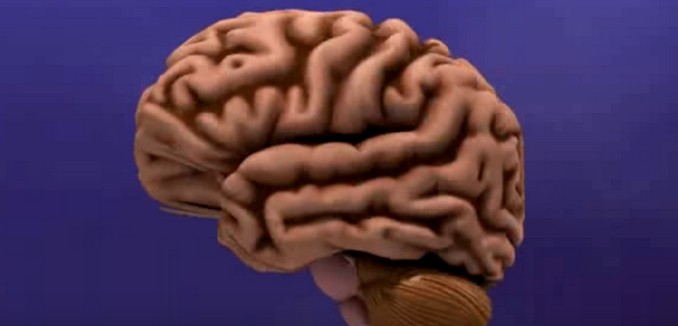An Israeli-developed blood test that can potentially detect an early stage of Alzheimer’s disease years before the onset of noticeable symptoms has begun clinical trials in the United States.
NeuroQuest Development Center is working with the University of California-San Diego to collect and process blood samples for the tests, which are designed to be much more inexpensive and convenient than the PET scans that usually are used to identify Alzheimer’s. NeuroQuest was founded in Misgav, an area in the Galilee, and has a development center in Charleston, S.C. The blood test is based on nearly 20 years of award-winning research led by Dr. Michal Schwartz, president of the International Society of Neuroimmunology and a professor at the Weizmann Institute of Science in Rehovot.
Nearly 44 million people worldwide have Alzheimer’s or a related dementia, but an accurate, cost-effective, and practical tool for early diagnosis has not yet reached a mass scale.
Human trials in Israel showed NeuroQuest’s blood test to be 87 percent accurate with an 85 percent specificity rate in detecting Alzheimer’s and ALS, two common neurodegenerative diseases. With blood tests, anything over 70% is considered medically significant.
In addition, recent pilot testing of NeuroQuest’s biomarker technology in Australia surpassed current standards of specificity and sensitivity set by the U.S. Alzheimer’s Association.
“Based on our pilot test results, we are cautiously optimistic about our upcoming U.S. clinical trials,” said NeuroQuest CEO Dan Touitou. The trials are funded by the National Institute on Aging, Eli Lilly and Company, and several philanthropic organizations. Studies will continue in Australia and the United States through 2017.
(via Israel21c)
[Photo: AlzheimerUniversal / YouTube ]




